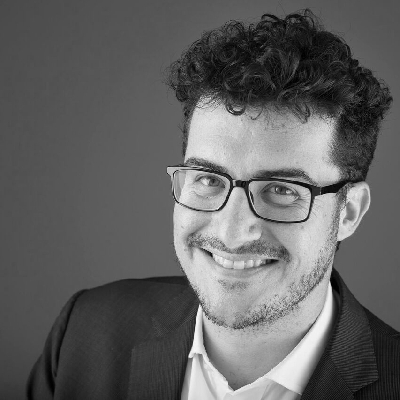The transition (economic, ecological, cultural, circular?) requires technology, technical know-how, and soft skills of all kinds. New economic expertise, knowledge of governance processes, new languages and communication methods, new software, and new cognitive and interpretive models. There are professionals who specialise in all these types of knowledge and help companies, governments, communities, and individual citizens to navigate the changes linked to decarbonisation, the decoupling of resources and development, and the reduction of impacts on biodiversity. Mapping and describing them all would require much more than the 64 pages in this issue (and thus the matter will likely overflow into the following issues of Renewable Matter). However, this issue is particularly precious because it shifts the focus from technology, materials, and processes to knowledge.
Professions and tools at the service of the circular transition
Knowledge, as Michel Foucault explained, is power, and it is the basis of counterpower movements and identity formation. For this reason, at the forefront of transition services (economic, ecological, cultural, circular) are those who create and promote knowledge. On the one hand, researchers, educators, and developers test hypotheses, formulate theories, and deconstruct consolidated thesis. On the other, evangelists, communicators, intellectuals, and storytellers create new languages, new imagery, and new narratives to help rethink how we want to build the world, and how we want to interpret our economy. While on one side there are incubators, universities, research institutes and think tanks that cover everything from materials to finance, from software to industry and regenerative agriculture, on the other, there are creatives, writers, and analysts. Like Ken Webster, author of the incredible book The Wonderful Circles of Oz: a Circular Economy Story, who revisits Frank Baum’s allegory to challenge the economy and finance, inviting readers to rethink current paradigms, like at the time of the gold standard. A story can sometimes be more powerful than one hundred scientific papers and have a disruptive, unexpected effect.
At the same time, we need leading professionals, especially those working in the world of finance, who can guide the ESG revolution and not transform it into a greenwashing operation as many multinationals in service of the old world of Capital would like. We need a financial world that is active (and activist) in the world of the real economy, able to disrupt the neoliberal virus that causes speculation on gas prices in the face of a conflict and a situation that risks bringing thousands of businesses in the real economy to their knees (as you can read in the interview with Hans Stegeman, Chief Investment Strategist at Triodos Investment Management). There is a persistent disconnection between a part of the economy from reality and from the evidence of the climate, materials, and biodiversity crisis. It must be eradicated emphatically, with creativity, innovation, and courage. Great ideas always arrive from the world of startups and incubators (as recounted by Giorgio Kaldor), such as collaborative exchange platforms, certification consultancy services to discern fake sustainable claims, and digital twins that allow us to test technological hypotheses in real-time. Innovation is, without a doubt, the other powerful force guiding the transformation, especially in its more radical and creative form. Our chief-editor Giorgia Marino illustrates the need for intelligent communication (which every issue of Renewable Matter strives for) in discussing these transformations, always in search of new registers, media, and languages.
These are some of the vital services that make it possible to implement technologies and industrial transformations, without which they could not be achieved. In November and December, like every other year, Renewable Matter will be at Ecomondo, in Italy, and at the COP climate conference – taking place this year in Sharm-el-Sheik, Egypt – to interview participants and get to know the most innovative and original ideas and prepare for some of the important changes coming in 2023, which we will announce in the new year.
Do not hesitate to contact us. Renewable Matter is at Your Service.
Image: Lyman Hansel Gerona (Unsplash)
Download and read the Renewable Matter issue #42 on Services for the Circular Economy.



